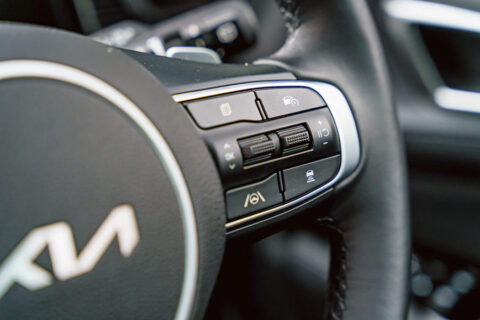Vehicles used are a combination of those supplied by manufacturers and fitted with advanced systems and privately owned and instrumented cars including Teslas, Range Rover Evoques, Volvo S90s and Ford Mustang Mach-Es, all driven by participants drawn from the public. Members of the consortium include car makers and tech firms.
Thatcham Research, the UK insurance industry-backed organisation and a member of Euro NCAP, joined recently.
Tom Leggett, its vehicle technology expert, explained what it hopes to learn: “We’re trying to understand how drivers use ADAS and how good is the human-machine interface (HMI) that they engage with.
“From our testing, we know the core safety benefits of these systems, but we now want to know from a wider pool of people how they use them. For example, if we know everyone turns off lane support as soon as they get into their car, all of its safety benefit is lost. We’re trying to prevent that.”

Leggett says Thatcham decided to join the consortium now because not enough research had been done into drivers using ADAS: “We’ve done a good job of getting ADAS fitted to vehicles and making it as effective as possible, but the other half of the equation is the person behind the wheel.
“We need to start exploring this, especially since we’re hearing reports that people aren’t using the systems perhaps because they don’t understand their benefits, they give false alarms or they’re annoying in some way. So far, the indications from the MIT research are that getting a system’s HMI right is really important to it being accepted and used by drivers.”
